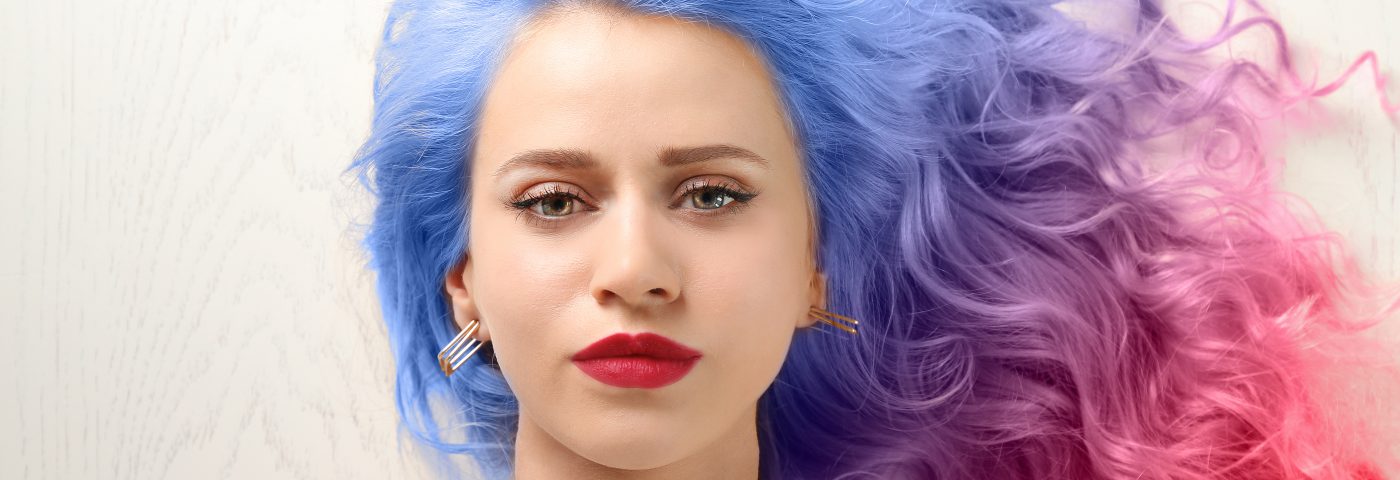Mariel Brown, Director of Futures, Seymourpowell
A raft of new behaviours around building and elevating your individual identity has been revealed by our research with global progressive users.
In a world where new looks are rapidly disseminated via the internet and copied, originality unlocks kudos. To achieve original looks, we are seeing people take on more extreme beauty regimes. For example, Rika, a respondent we interviewed in Tokyo, told us that she had to add 14 colours to her hair so she could differentiate herself from her friends. She said: “I just want to do fashion and beauty in my original way.”
We also witnessed interesting behaviours emerging around ‘express creativity’ where people wanted to respond to style trends in real time. For example, Kenneth, a New Yorker, would scan social media hashtags as he was getting dressed to see what looks would create the best impact.
This strategic and savvy approach to beauty was also witnessed through Rain, a fellow New Yorker, who models as both a male or female depending upon the need of the client. She told us: “I tend to dress based on two criteria for the day; comfort and capitalism.” She went on to explain that she analyses the meetings and environments she will be interviewing in, so she can dress to fit the archetype that will offer her the greatest chance of success.
The digital impact
Wide spread connectivity is having a phenomenal impact on the behaviour of beauty consumers as it has opened up the category through diversity. The beauty ‘standards’ of old now appear dull and unrealistic. There is a desire for more diversity and, as a result, new visions of beauty are emerging.
Individuality follows on from diversity. People are recognising that, rather than trying to conform to an old-fashioned ideal, they should instead focus on what makes them different and dial it up for impact. In the words of one of our respondents, there is a desire to “exude an individuality that cannot be found anywhere else”.
There are a lot of social movements entwined with the future of beauty. Consumers are engaged and proactive, from pushing for greater transparency on ingredients to reducing packaging waste and demanding products that suit every skin tone. People will be holding brands and governments more accountable.
They will also expect more from their grooming and beauty products in the future, so we will see brands coming together to offer better services. Hyper personalisation will become important and brands will have to get to grips with new technologies, such as facial recognition and virtual reality, to offer their users wonderfully personalised services.
Differences between demographics
Gen Z are entering the workplace now and will have a disposable income. They’re an interesting group. Unlike their millennial predecessors, this group is pragmatic and will be looking for brands and products that offer efficacy along with ethics.
At the other end of the scale, Gen X (which is often overlooked in favour of the more outspoken millennials) will hold significant spending power and will be entering a life stage where their functional needs from products will start to shift. Wise brands should be making plans to entice this affluent consumer segment.
The personal touch
Relatability will be vital for brands in the future. Consumers want to be able to see themselves in the brands they buy in to. Therefore, it’s going to be vital to understand the nuances of consumer attitudes. Consumers want brands to embrace them as they are, rather than trying to transform them into someone they are not.
Success will come to brands that are good at listening to their consumers. Brands traditionally have been message ‘broadcasters’, in the future they’re going to need to develop deep listening skills and shift towards being ‘receivers’, as consumers now co-own their brand experiences.
To give an example of what I mean by getting the nuances right, one of the respondents we interviewed, Tricia, who was in her 70s, told us that she found the now popular term “ageless” (which was created to reflect the baby boomer generation young-at-heart attitude) highly offensive. She told us: “Most of the beauty industry believes that if you’re older you must want to be younger. That’s a complete myth – ageing is part of survival, so you’re very privileged to be older.” For her, the term “age love” felt more fitting.
So, listening and getting the nuances right will be key to navigating the future successfully.
Mariel Brown, Director of Futures, Seymourpowell, spoke on ‘The new beauty behaviours’ at in-cosmetics Global in Amsterdam in April.

